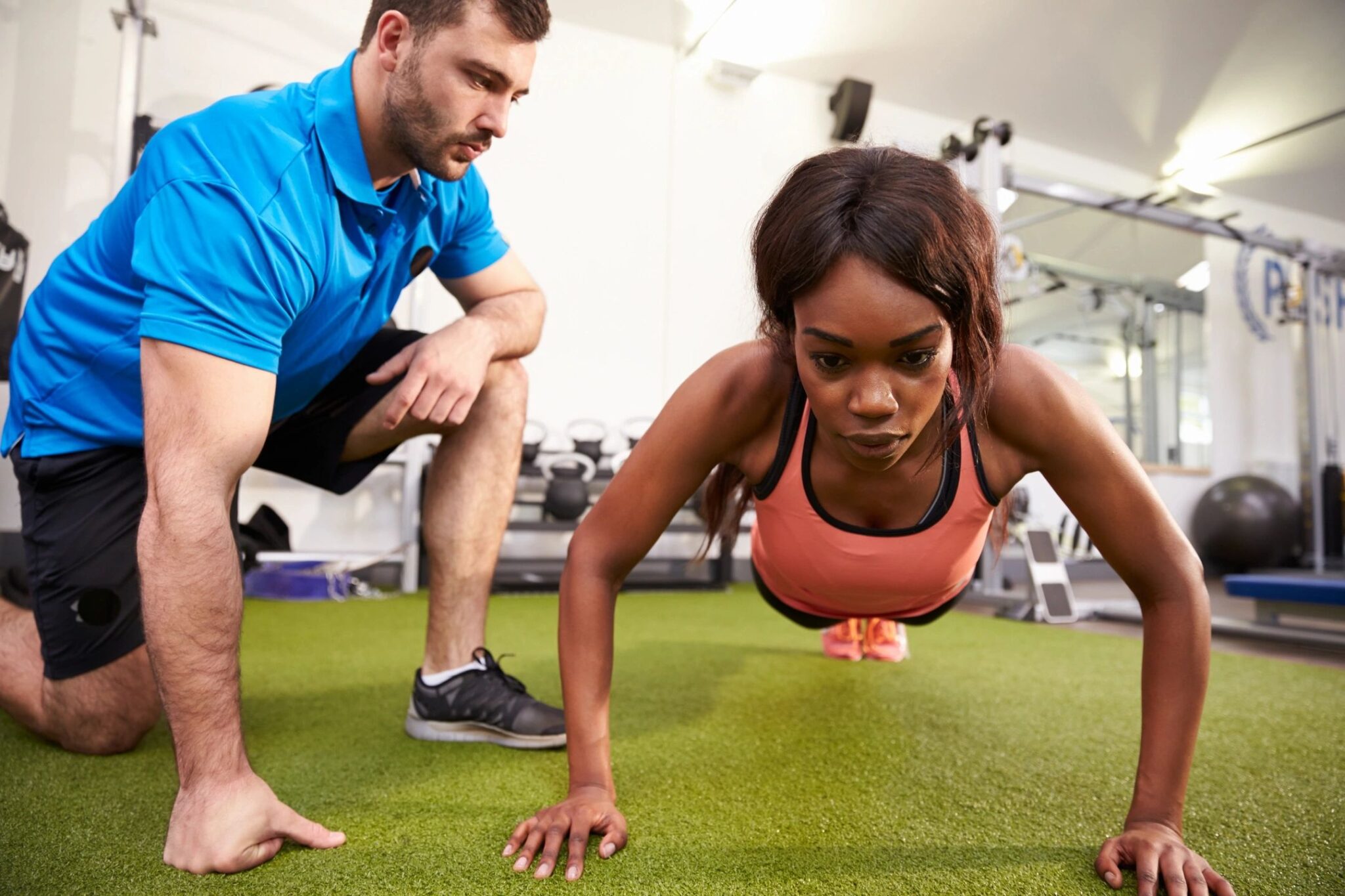
WHAT SHOULD I EAT BEFORE DURING & AFTER THE GYM
Trying to figure out what to eat and when to eat, it can be hard to balance with your day to day
schedule. Therefore, your diet doesn’t need to be as complicated, and I always find that keeping simple and well-balanced nutrition has contributed to nearly every fitness goal I’ve had.
When thinking about food, I’ve always envisioned my meals as you would gasoline for your car.
You know you need 11 gallons to fill up the tank, and you still have to go premium because you want your car running on the best possible fuel. Even though it costs a little more, it’ll be worth your while in the end. Nutrition and exercise are similar to this idea.
In this case, the quality and quantity of food we consume dramatically impacts performance and can make a big difference in the recovery stage after a session.
Before your exercise session, you typically want to feel energized and well hydrated ready to execute yet another day in the journey to results! The essential Pre Workout Meal should be kept simple.
Pre-Exercise Fuel
Complex Carbohydrates
- Are an excellent source of carbohydrates
- Aids in sustaining energy and in building muscle.
- Carbohydrates are the main source of energy our bodies rely on when it’s crunch time.
Some examples of these are
- Brown rice
- Beans
- Brussel sprouts
- Cauliflower
I think you get the point … Complex Carbs = ENERGY
Protein
- Promotes protein synthesis in the muscle where protein is produced to repair broken down muscle tissue caused by exercise.
Some examples of protein are
- Animal Meats (Turkey, Chicken, Beef, etc.)
- Shellfish (Shrimp Crab, etc.) and fish (Salmon, Sardines, etc.)
- Plant Proteins (Tofu, Green Peas, lentils, etc.)
Combined, these two macronutrients (Carbohydrates and Protein) will have your energy levels on point and you can anticipate an awesome session.
As we drain our energy systems, refueling is important, so seek to ingest fluids instead of eating which can be more time-efficient. If you’re like me, eating while in the gym can be a little challenging because I’m constantly jumping from A-B and rarely think to take a water break. However, that doesn’t mean we can’t rehydrate and redeem more fuel from beverages.
Fuel During Exercise
Beverages Containing Carbohydrates
- Coconut water – my personal favorite is stacked with nutrients and electrolytes
- Gatorade
- Powerade
Fats
- Avoid eating fats during exercise as it will harm your digestive process and disrupt training in the long run.
Remember, Make it easy for yourself ! Quick sip, Lift!
Post Exercise Fuel
Upon finishing your exercise routine your muscles will feel a major energy depletion and the desire to rehydrate, making the recovery process very important. Eating after a workout also should be easy, keep the same idea we started with; Simplicity.
Carbohydrate
Are very important after your workout because of the muscle glycogen we’ve depleted. This time, you’ll want to choose simple carbohydrates from the fruit family such as
- Bananas
- Grapes
- Blueberries
Our muscles will absorb these much faster and will speed up recovery time (Stern 13).
Protein
Depending on your goals there may be some variance with your choice of protein, overall the objective is to rebuild those fibers we exhausted during your workout.
I would suggest mixing it up and combining Plant sources, Nutrient-dense protein, and animal sources. Some examples of these for a recovery meal are
- Animal sources such as Beef, lean chicken, and turkey.
- Nutrient-dense proteins such as Eggs, Salmon, and shellfish.
- Plant sources such as lentils tofu and beans.
All 3 will make up for what the other one lacks and this allows you time to experiment and, create what works best for you. Keep in mind that if you do find yourself creating combinations with all 3, portioning will be important as to not overeat and gain weight that will turn into fat.
Fat
Fats have developed a bad connotation and is often overlooked when we run to our recovery meals. However, differentiating between healthy and unhealthy fats will make your post-workout meal that much simpler.
Healthy fats such as Monounsaturated and Polyunsaturated fats play a vital role in hormone regulation and aid in recovery by providing inflammatory relief. Some examples of these are
- Avocados
- Coconut oil
- Olive oil
- Coldwater wild-caught fish
- Flaxseed
Unhealthy fats such as trans fats and saturated fats are to be kept moderate because they can diminish our health by increasing our body fat percentage, so avoid these when refueling.
Plan to eat your post-workout meal immediately after training to refuel and stockpile on gains. The only time you should miss a recovery meal is NEVER. Replenishing the calories burned is very important in keeping your energy levels elevated.
Sticking to the basics will make it easier to create a customizable menu that allows you to succeed. Keep in mind that the quality and quantity of food is just as important as timing and will do wonders for you in and out of the gym.
I would gladly like to help anyone with any questions regarding nutrition and training, feel free to contact me at [email protected] and we can begin this food management process together.